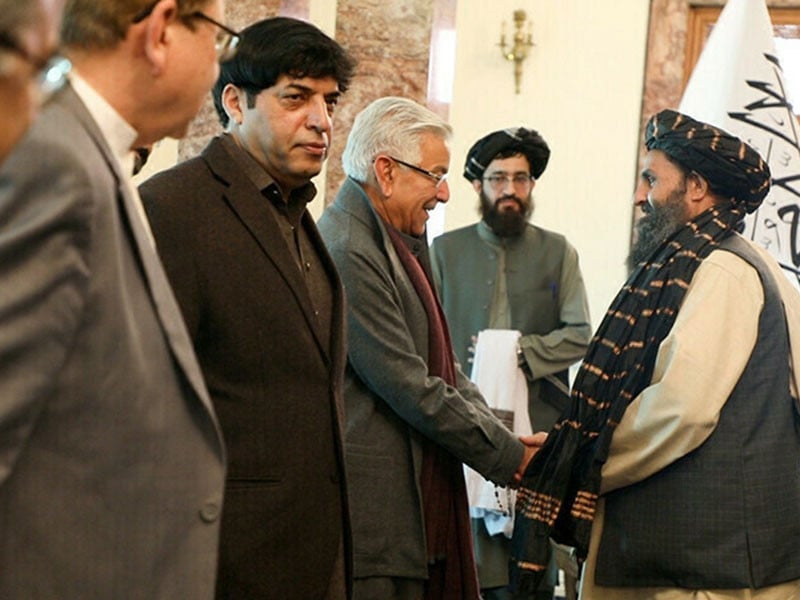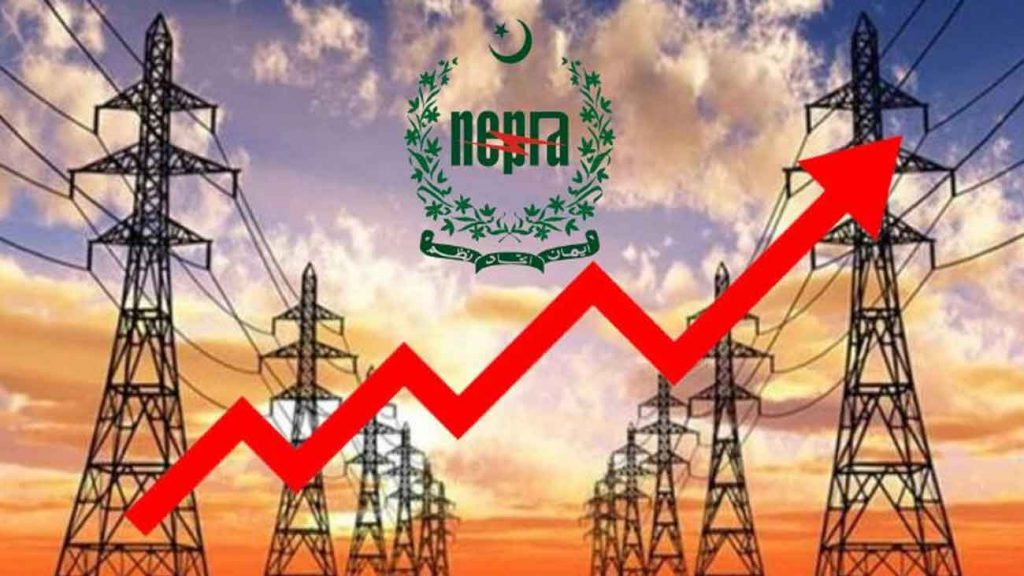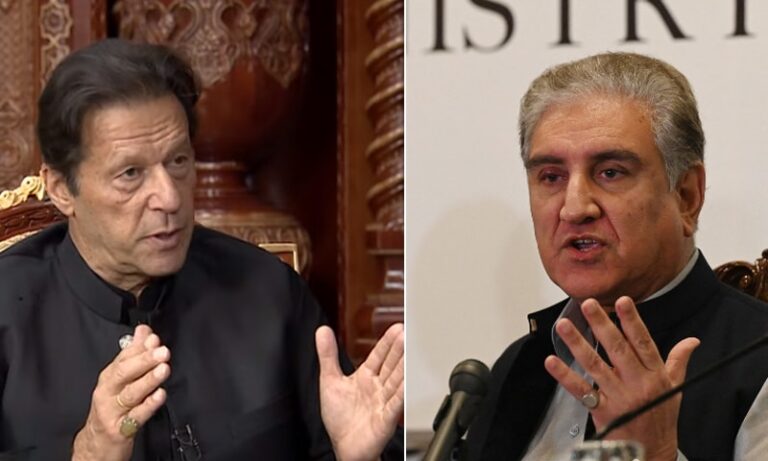Editorial
Pakistan’s Minister for Finance and Revenue, Muhammad Aurangzeb, announced the government’s plans to meet with the International Monetary Fund (IMF) on April 14 and 15 in Washington to discuss the country’s new programme. The discussions will include the features and size of the new program, and detailed talks will be held in Pakistan. The government is looking to enter a significant programme with the global lender while ensuring microeconomic stability, as the country’s current account is “better,” and exchange rates are “stable.” According to the minister, the inflation rate has also decreased, and all the accomplishments were accredited to the stand-by arrangement (SBA) agreement during PM Shehbaz’s previous tenure in office.
The finance czar maintained that growth in the agriculture sector remained at 5%, with the country’s bumper rice crop this season and good news about wheat. He added that the economy got off to a good start in 2024 with an improvement in key economic indicators. The Law Ministry and the Federal Board of Revenue (FBR) are working to remove tax leakage, and the Ministry of Finance will work with the capital market to facilitate access to capital for small and medium enterprises.
However, the minister also mentioned that the government had to receive money from different entities that could make a significant difference, with cases worth Rs1.7 trillion in the courts and leakages worth Rs3 trillion. He said the revenue target for the current year was Rs9.4 trillion, and the government aimed to take the revenue up to Rs12 billion before reaching the non-payers and low-payers of taxes. Under privatisation, the government was initially focusing on loss-making institutions.
The announcement of the new IMF programme comes amid economic instability in Pakistan. The country faces several challenges, including a balance-of-payment crisis, rising inflation, and a depreciating currency. It is worth noting that Pakistan has already had 22 IMF programs since 1958, with the latest one concluding in 2019. The government’s plans to seek a new program indicate that the country’s economic issues have yet to be resolved, and more significant reforms are needed to address the root causes of these challenges.
Concludingly, the government must take urgent steps to address the country’s economic challenges, including structural reforms and measures to increase revenue. While the new IMF programme may provide some temporary relief, it is essential to focus on long-term solutions to ensure economic stability and sustainable growth in Pakistan.
Please, subscribe to the YouTube channel of republicpolicy.com

















































